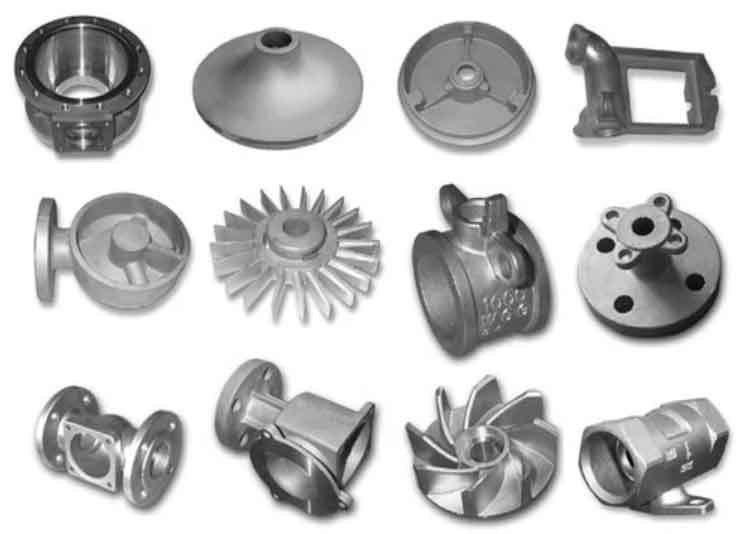
Steel castings manufacturers have had a significant and enduring impact on global manufacturing across various industries. Their contributions can be seen in the following aspects:
- Versatility in Applications: Steel castings find applications in numerous industries, including automotive, aerospace, construction, oil and gas, energy, mining, agriculture, and more. Their ability to withstand high loads, harsh environments, and extreme temperatures makes them suitable for critical components in heavy machinery, engines, turbines, pumps, valves, and infrastructure projects.
- Precision Engineering: Steel castings manufacturers leverage advanced technologies like CAD/CAM, simulation software, and CNC machining to achieve high precision and tight tolerances in their products. This level of precision ensures that the cast components fit seamlessly into complex assemblies, enhancing overall equipment performance.
- Strength and Durability: Steel castings offer exceptional strength, durability, and wear resistance, making them indispensable for heavy-duty applications. Components like gears, crankshafts, bearings, and rollers rely on steel castings to endure constant stress and deliver reliable performance over extended periods.
- Innovation and Product Development: Manufacturers constantly push the boundaries of steel casting technology to develop new alloys, improve casting techniques, and explore novel applications. This continuous innovation allows for the creation of cutting-edge products that address evolving industry needs.
- Economic Impact: Steel castings manufacturers contribute significantly to the global economy by creating job opportunities, fostering industrial growth, and supporting supply chains. Their products are integral to the production of various goods and services, fueling economic development worldwide.
- Infrastructure Development: The construction industry relies on steel castings for critical infrastructure projects like bridges, pipelines, power plants, and buildings. The durability and load-bearing capabilities of steel castings contribute to the long-term safety and reliability of these structures.
- Sustainable Solutions: Manufacturers are increasingly adopting sustainable practices to reduce waste, energy consumption, and environmental impact. Recycling scrap steel and using environmentally friendly production processes demonstrate their commitment to sustainability.
- Global Trade and Collaboration: Steel castings manufacturers participate in international trade, supplying components to various countries and fostering global collaborations. This interconnectedness enhances the exchange of knowledge, technology, and expertise, driving innovation on a global scale.
- Quality Assurance and Safety: Manufacturers adhere to stringent quality control and safety standards to ensure the reliability and performance of their products. This commitment to quality contributes to the safe operation of machinery and equipment in diverse industries.
- Adaptability to New Technologies: Steel castings manufacturers embrace digitalization and Industry 4.0 technologies to optimize production, reduce lead times, and enhance supply chain efficiency. This adaptability to new technologies positions them as key players in the era of smart manufacturing.
The enduring impact of steel castings manufacturers on global manufacturing lies in their ability to produce high-quality, reliable, and efficient components that are crucial to the functioning of modern industries. As industries continue to evolve and innovate, steel castings will remain a fundamental element supporting progress and development around the world.
